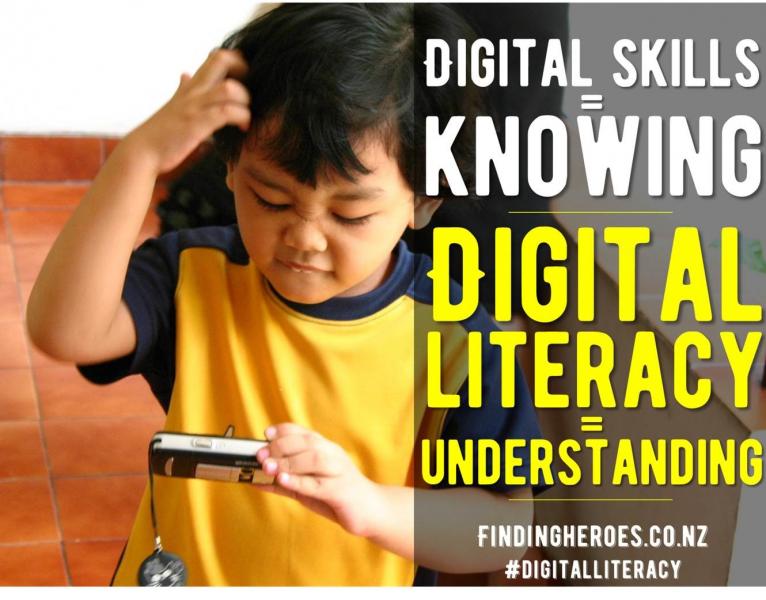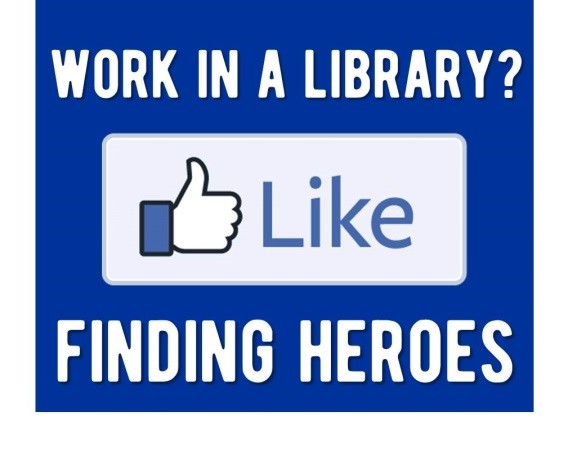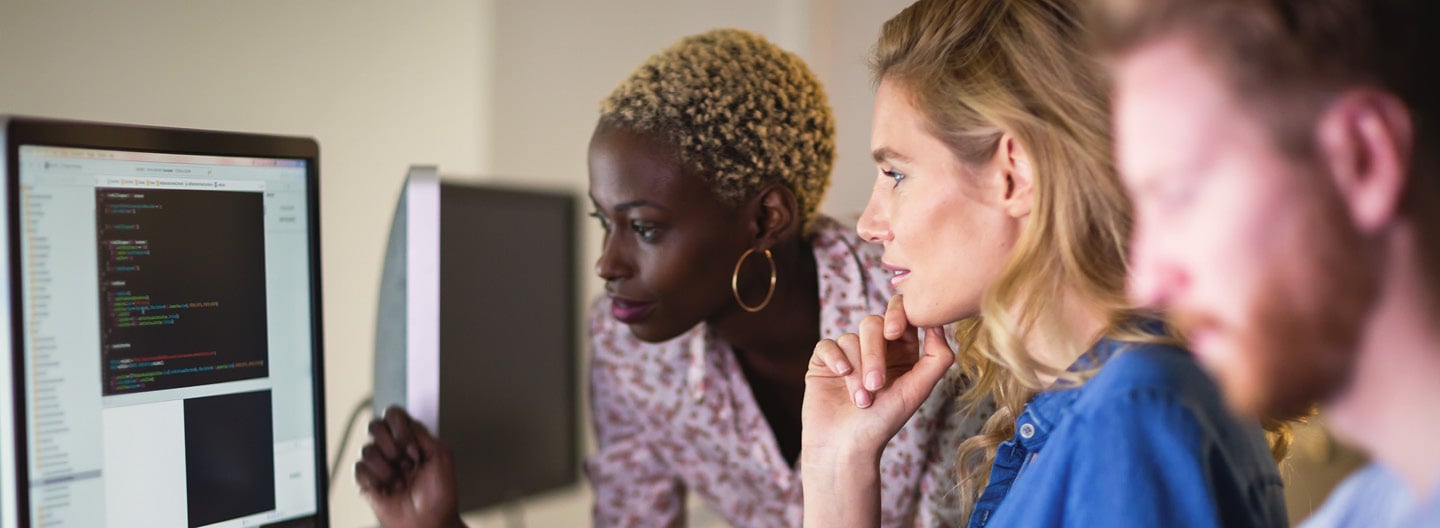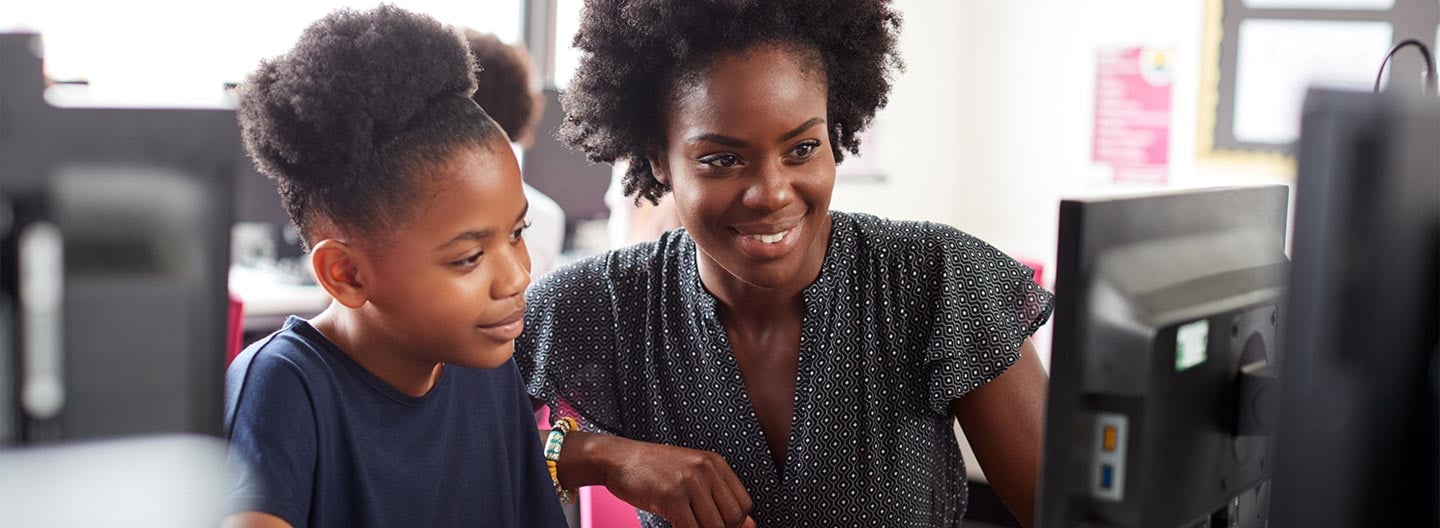This blog post is more than five years old. It may contain outdated information or refer to products that are no longer available.
Digital skills mean that you can follow a step-by-step process of creating an email account. Digital literacy means that you can recognize spam, know why it is being sent, and understand how email providers use filters to minimize potential harm.
Digital skills mean that you know how to use Microsoft Word. Digital literacy means that you can use Microsoft Word to clearly and effectively communicate all the key components of an assignment.
Digital skills mean you can show someone how to borrow e-books. Digital literacy means that you know why some e-books aren't available in New Zealand libraries, even though those same e-books can be purchased online.

Digital skills mean that you know how to use Facebook. Digital literacy means that you know how to use Facebook appropriately for both personal and professional purposes.
Digital skills mean that you can show someone how to use a database. Digital literacy means that you can help that person understand how to create effective searches in that database and evaluate the search results.
Building a Digitally Literate Staff
Library staff members spend a lot of time helping their community gain digital skills, but how much time do we really spend helping them become digitally literate? Does your library have the staff capabilities to help your community members become digitally literate?
And to add a layer of complexity onto that last question — when it comes to digital literacy, there is no one-size-fits-all. Digital literacy is context dependent.
For example, not everyone who borrows e-books needs to know why some titles aren't available for borrowing in New Zealand. But if someone asks you why the library doesn't have the latest Nicholas Sparks novel, then it is an opportunity to help the person improve his or her digital literacy by talking to her or him about some of the licensing issues surrounding e-books in this context.
Being digitally literate in a public library will also require different capabilities, aptitudes, and attitudes than those expected in a higher education library, just as being a children's librarian will require an additional and different set of digital literacy capabilities than those of an inter-library loans librarian.
Digital skills focus on knowing. Digital literacy focuses on understanding.
It would be lovely if you shared in the comments how you help individuals in your library become more digitally literate.

Sally Pewhairangi, Finding Heroes
With over 15 years' library experience, Sally has worked in a range of New Zealand libraries and through her business Finding Heroes, is on a mission to encourage more "dare to do different" conversations amongst library staff because she believes there is so much we can do together as individuals to make our lives easier and of greater relevance to our customers. Sally believes in working with others to bridge the gap between people and possibilities.
Read more about her library journey.






